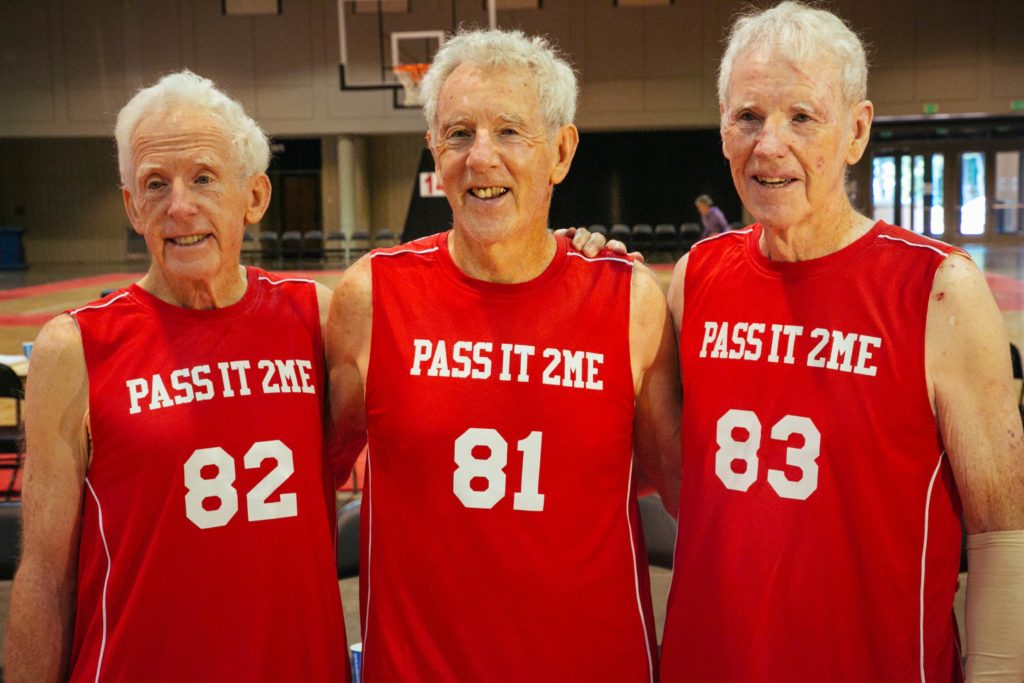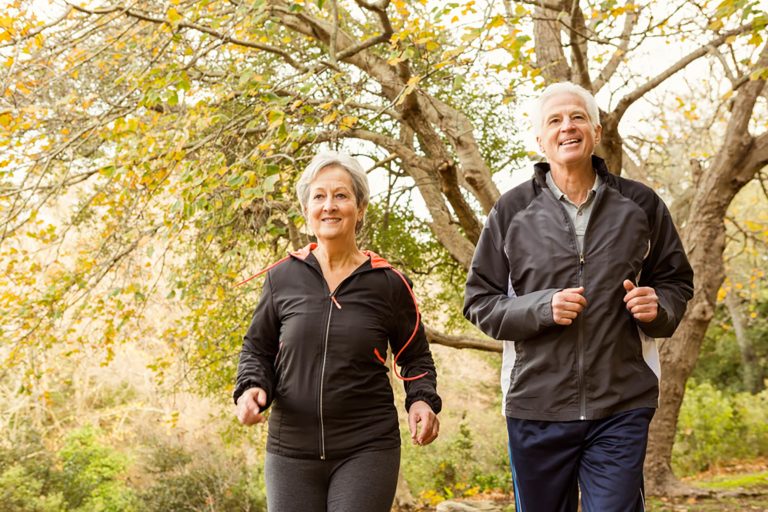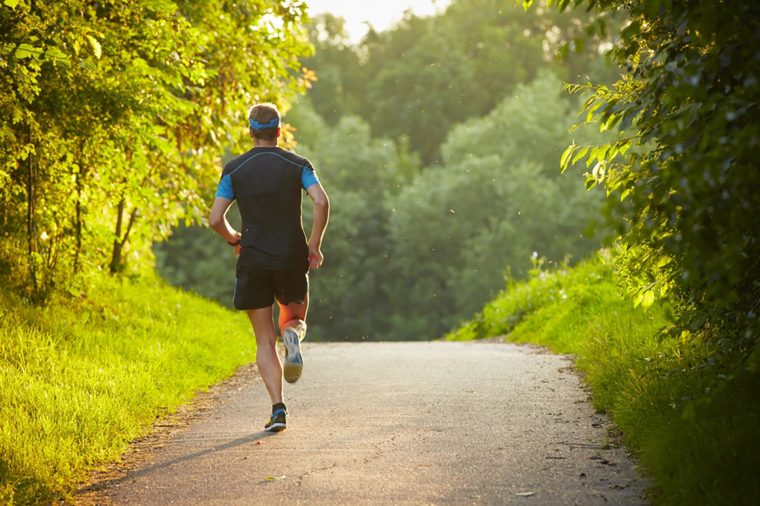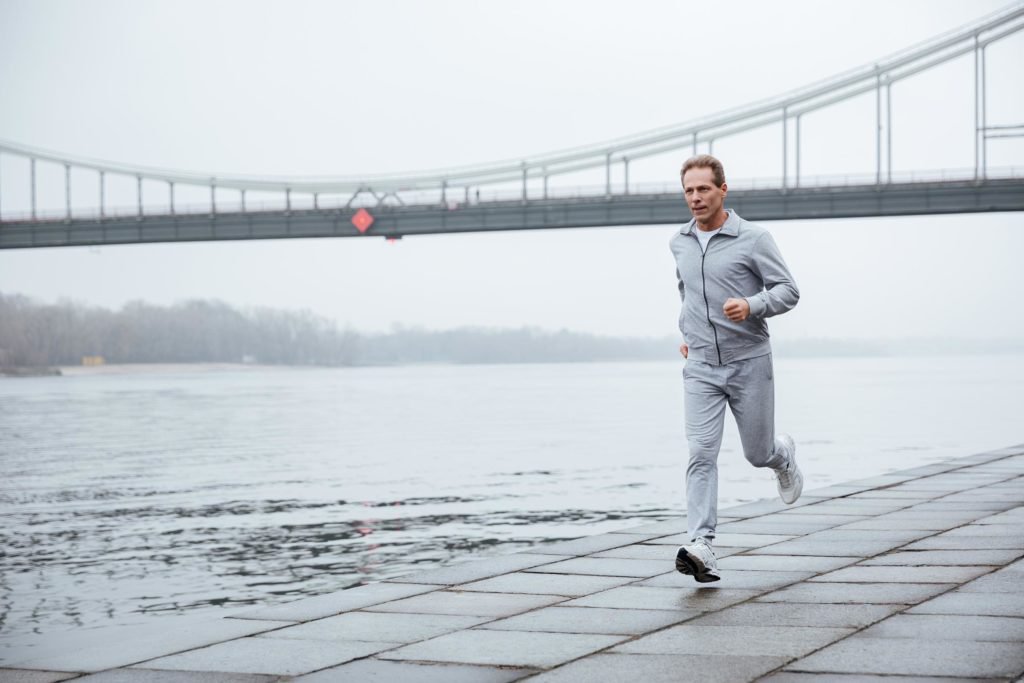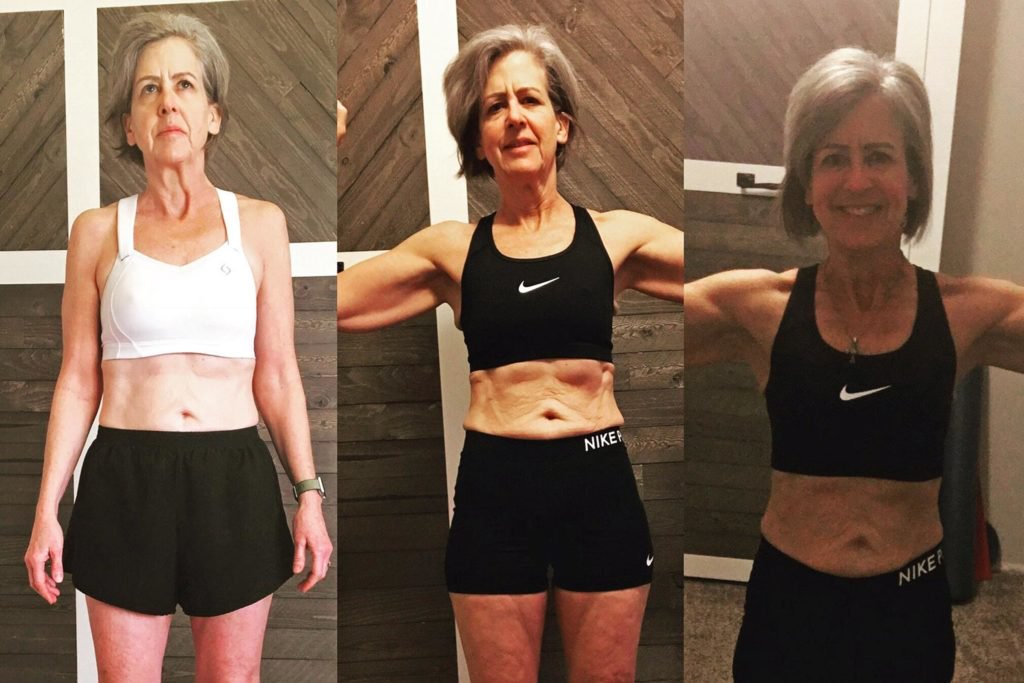At 70 years old, Kathrine Switzer has run 40 marathons in her life—and she has no intention of stopping anytime soon.
Switzer first came to the public eye in 1967, when she was the first woman to run the Boston Marathon. Back then, she had to use her initials, K. V., instead of her first name to sign up because women weren’t allowed to enter. When people realized what the lipstick-wearing runner had done, a race manager tried physically shoving her off during the run. But she managed to plug on, finishing in four hours and twenty minutes.
To mark the 50-year anniversary of the race, Switzer entered again at age 70. She finished in 4:44:31—not even 25 minutes longer than she’d run the 26.1 miles when she was 20. “Somebody at 70 is running as well as you run at 20, and you say, ‘That’s phenomenal,’ but the body is incredible,” she says. “We’re transforming ourselves.”
Two years before the race, Switzer announced her plan. The science and advice had changed since her first competition, and she wanted help figuring out a training plan. “It was important to me not to get injured during that two-year period or get ill,” she says. “I wasn’t competing, but I didn’t want to be out there for six hours. I had a little pride.”
In her 20s, Switzer would work out twice a day, and run a marathon distance once a week. She says looking back, that was probably too intense, and she cut back for her 2017 Boston run. She ran every other day, doing strength or core training on the opposite days. Spreading the training out more gave her body the chance to recover between workouts. “At 70, 80, 90, the body will always get better if you push it,” Switzer says. “I found the training worked very quickly.” (For those with their sights on being centenarians, these science-backed signs mean you’ll live to see 100.)
As for her diet, Switzer says she doesn’t calorie-count or follow any fads. “I always joke my diet is a see-food diet. If I see food, I eat it,” she says, laughing.
The key is that she isn’t always craving potato chips or chocolate. Working out breaks down muscles, and the toning comes during recovery. Protein helps that process, and Switzer says she’s more drawn to protein-heavy meals. “When you exercise, your body starts craving some good stuff,” she says. “I’m heavier around protein than people would imagine, and I eat a lot of fruits and vegetables.”
The Boston Marathon wasn’t the only thing on Switzer’s bucket list. She also won the New York City Marathon in 1974. Back then the whole race was in Central Park, though, and she’d love to take on the new route, which goes through the city’s five boroughs. “I’ve always wanted to run it in the streets,” she says.
Even though she helped plan the first London Marathon in 1980, she’s never actually ran it—so she’ll do that in 2018, at age 71.
Switzer isn’t alone in running in her 70s either. She attended the 2017 National Senior Games as Humana’s health and well-being ambassador, and ran the 10K alongside others in the 70-74 age range.
The marathoner says people talk about seniors the way they talked about women 50 years ago, convinced they’re too fragile to be athletes. But the National Senior Games athletes are looking to break down those assumptions. “Seniors have completely changing notions about what capabilities and limits are really about,” she says. “They have the most incredible senses of optimism I have ever seen anywhere. These people are looking forward to getting older.”
To anyone convinced they’re too old to get fit, Switzer says just working up the courage to take that first walk or dip in the pool is the hardest part. If you’re nervous for your first workout, enlist a friend so you can “bumble around together” and feel less self-conscious, she says.
“They make a little progress and have a sense of optimism and do more the next day. That’s what propels you forward,” Switzer says. “The more you do with your body, the better the body will adapt and grow and get stronger.”
